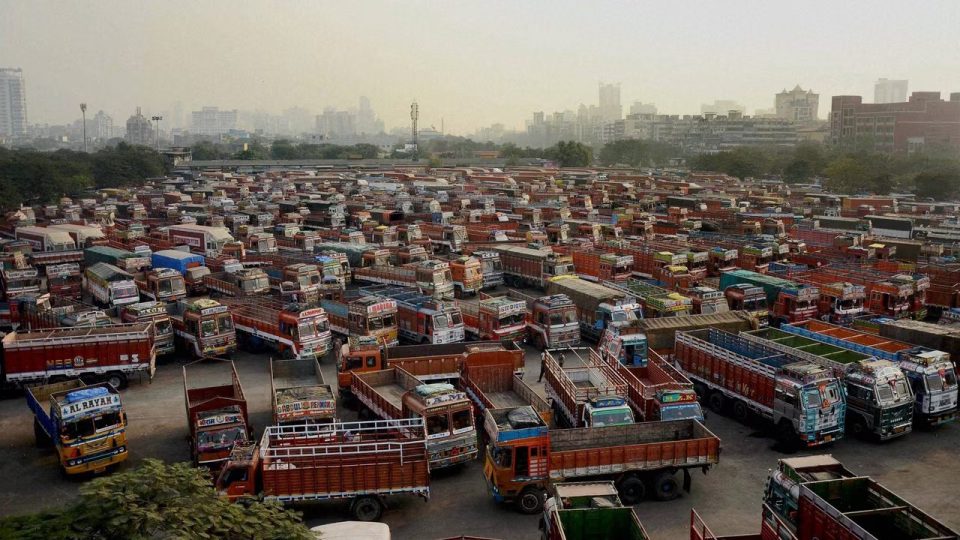The nationwide transportation strike, now in its second day, continues to disrupt normal life as vehicles queue up outside petrol pumps due to limited fuel supply in cities across the country. The three-day strike, initiated by truck, bus, and tanker drivers, is a protest against the stringent jail and fine regulations introduced under the newly-launched Bharatiya Nyay Sanhita (BNS) for hit-and-run cases.
In Maharashtra, the state government has appealed to the police to ensure an uninterrupted supply of petrol and diesel. However, ongoing strikes have caused inconvenience to commuters in Madhya Pradesh, where travel disruptions persist.
Chandigarh faces temporary restrictions on fuel sales as the ongoing strike by fuel-tanker drivers results in a limited supply of petrol and diesel. The District Magistrate has imposed transaction limits, allowing two-wheelers to purchase only 2 litres and four-wheelers 5 litres per transaction.
Protestors have blockaded roads and highways in states like Gujarat, Rajasthan, Maharashtra, and Madhya Pradesh since Monday. Locals, concerned about potential fuel shortages, rushed to petrol pumps in various cities. The agitation stems from opposition to the new hit-and-run law, replacing the colonial-era Indian Penal Code, imposing severe penalties of up to 10 years in jail or a fine of Rs 7 lakh for drivers fleeing the scene of a serious road accident.
Social media circulated a video from Bhopal capturing frustrated commuters unable to find buses or taxis for travel to Indore, reflecting the growing impact on daily life. In Himachal Pradesh’s Shimla and Dharamshala, lengthy queues formed at petrol pumps as Transport Association drivers protested against the new law.
In Mumbai and Thane, heavy rush was observed outside petrol pumps as people feared a fuel shortage amid the protest by truck drivers. The Petrol Dealers Association, Mumbai, reported fuel supply disruptions since Monday, warning of pumps running dry if the situation persists.
In Nagpur, trucks were parked on the highway during the ‘rasta roko’ protest, and various truck driver associations gathered to stage protests. Petrol pumps in Ludhiana, Punjab, reportedly ran out of stock, leading to long queues in Chandigarh and Mohali as people waited to refuel their vehicles.
Protesters obstructed highways in several Gujarat districts, causing disruptions in Kheda, Valsad, Gir Somnath, Bharuch, and Mehsana. Tapan Sharma of the Ahmedabad Motor Transport Association clarified that the protests were spontaneous, causing delays in goods delivery but not significantly impacting business operations.
The Food and Civil Supply Department in Maharashtra urged the police to ensure uninterrupted supplies of petrol, diesel, kerosene, and LPG cylinders. The All India Motor Transport Congress emphasized the need for improving road and transportation systems before introducing stringent hit-and-run accident laws.
While operations of roadway buses in Rajasthan faced disruptions on Monday, they resumed following police intervention. In Punjab, the deputy commissioner assured the public about fuel supply, emphasizing ongoing talks between the government and transporters to swiftly resolve the issue. The district administration pledged support to oil companies to ensure fuel supply remains unaffected and warned against any hoarding practices.
As the strike enters its second day, its ripple effects continue to impact various sectors, with authorities working to find a resolution and minimize disruptions to daily life.

